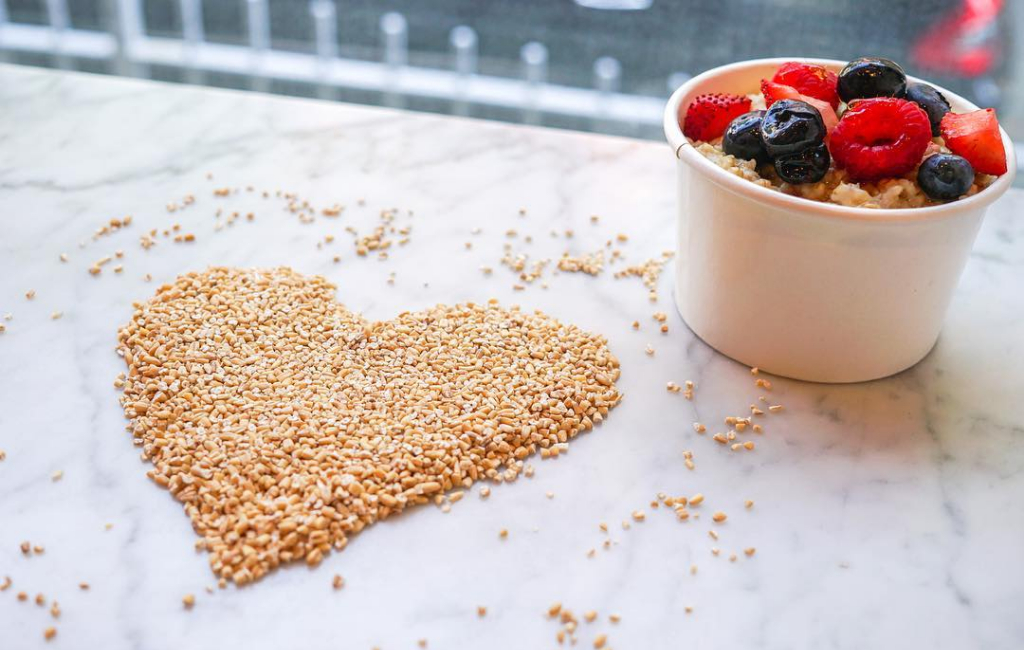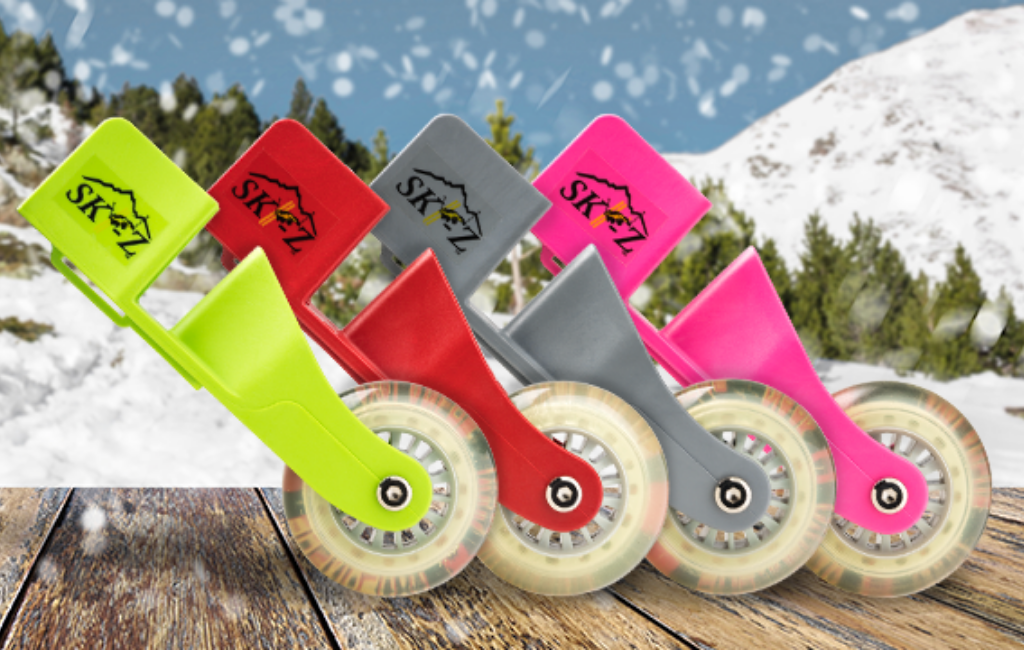Prank-O Fake Product Gift Boxes
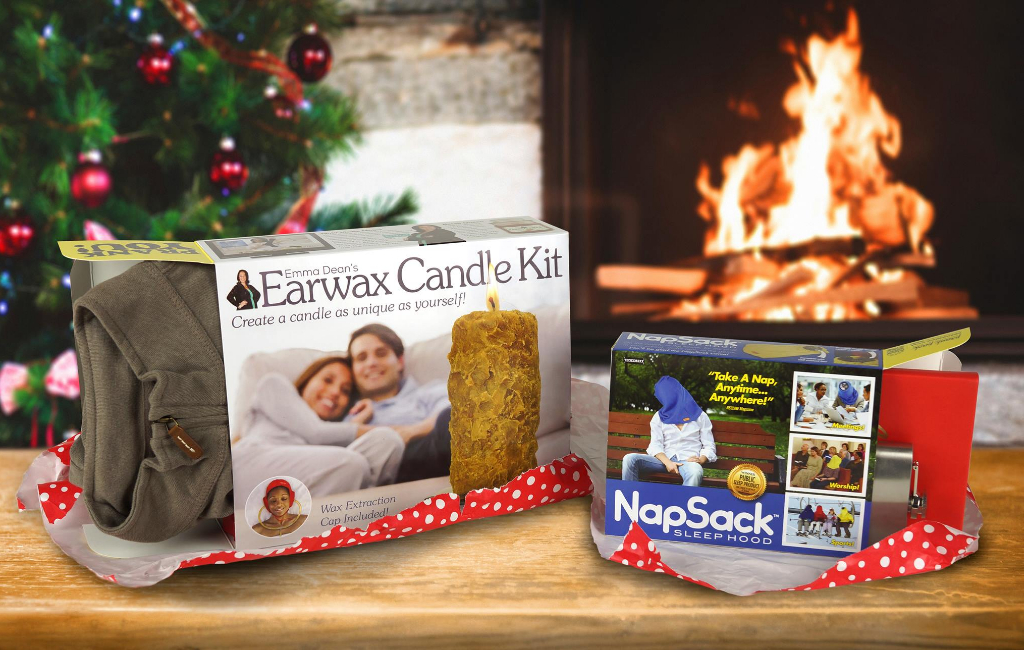

DEAL
EPISODE SUMMARY
🕓 Air Date: December 2, 2018
Asking For:
$640,000 for 8%
Investor:
Mark Cuban
Deal:
$640,000 for 25%
PRODUCT SUMMARY
Prank-O, presented by Ryan and Arik from Minneapolis-Saint Paul, introduces a line of prank gift boxes, adding humor to gift-giving occasions. Their flagship product, the Snack Hat, is a neoprene cap with a magnetic, multi-compartment plate for balancing work and family time.
WATCH HERE
IN A RUSH?
Click these to jump to the section you want to read.
Background Story
Prank-O, the brainchild of founders Ryan Walther and Arik Nordby, is a Minneapolis-Saint Paul-based company that has taken the art of gift-giving to a whole new comedic level. The journey began with Ryan, a seasoned freelance photographer, who found himself caught in the whirlwind of a hectic work schedule that kept him away from family dinners. The turning point came when his little boy expressed the poignant sentiment, “Dad, how come you’re never home for dinner?” This heartfelt plea struck a chord with Ryan, sparking a vow to never miss another meal with his son.
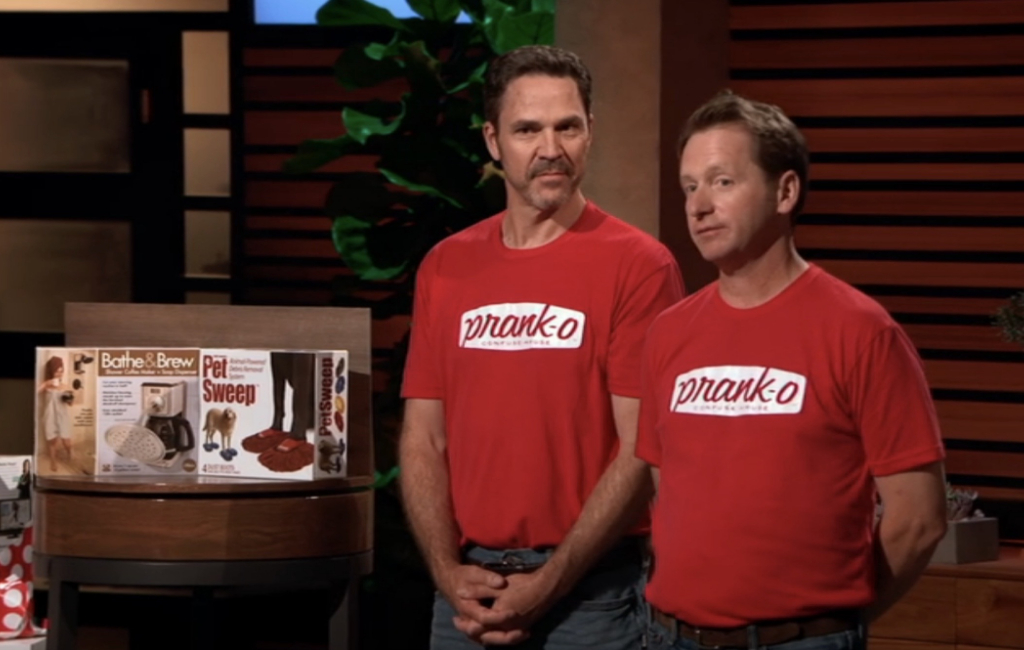
In response to this fatherly commitment, Ryan, along with Arik, embarked on a mission to bridge the gap between professional obligations and family time. The result was the innovative Snack Hat, a patent-pending neoprene cap that seamlessly slides onto most heads. The cap comes complete with a stylish, multi-compartment plate, both dishwasher safe and magnetic, allowing individuals to enjoy snacks on the go while maintaining a delicate balance between work and family life.
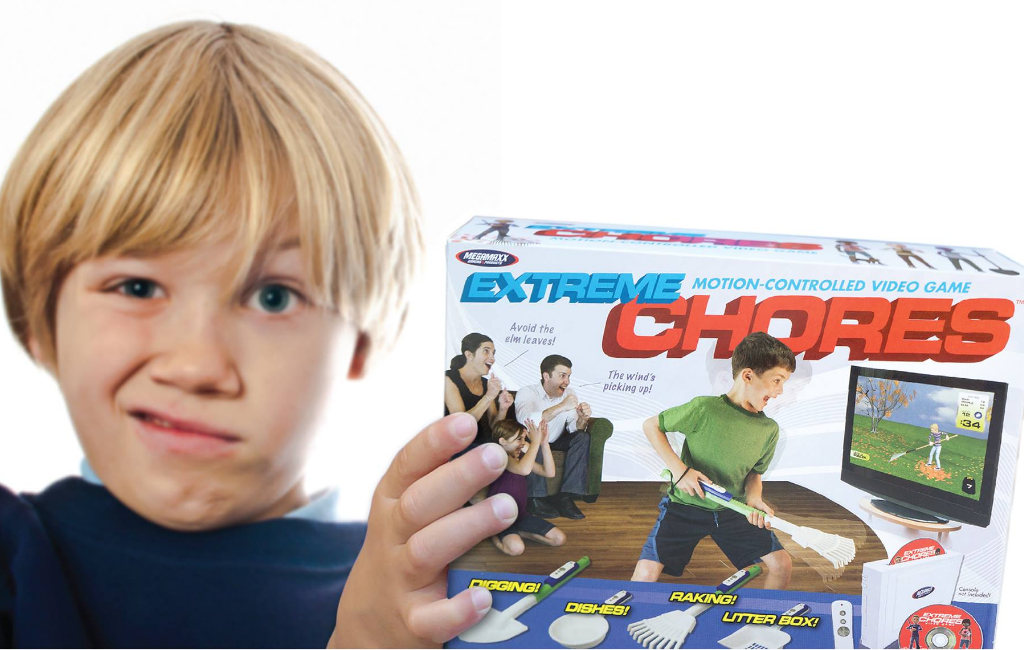
Both founders bring unique experiences to the table. Ryan, having thrived as a freelance photographer, understands the demands of a busy, on-the-go lifestyle. Arik, with a background in graphic design and a noteworthy stint as an early partner at The Onion, contributes a wealth of creative expertise to the mix. Their collaboration began when Ryan, previously affiliated with The Onion, met Arik, and the duo decided to venture into the world of prank gift boxes, leading to the establishment of Prank-O. The company, rooted in the founders’ passion for laughter and unique problem-solving, has become a testament to their ability to turn everyday challenges into amusing solutions.

The Product
Prank-O’s flagship product, the Snack Hat, is a revolutionary neoprene cap designed to bring a touch of humor to the challenges of balancing work and family life. The cap, easily sliding onto most heads, is not your typical headgear. Its standout feature is a magnetic, multi-compartment plate that sits atop the cap, providing a stylish and functional surface for holding snacks. This plate is not only dishwasher safe, ensuring easy cleanup, but also magnetic, preventing accidental spills.
The Snack Hat caters to individuals with busy lifestyles, especially those, like founder Ryan Walther, who found themselves torn between professional commitments and quality family time. The product’s magnetic plate allows users to enjoy snacks while on the go, making it a practical solution for individuals who want to maximize productivity without sacrificing moments with their loved ones.
Prank-O’s product line also includes other inventive solutions like Bathe & Brew and Pet Sweep, showcasing the brand’s commitment to addressing various daily challenges with a humorous twist. These products are available for purchase through mass retail and e-commerce channels, ensuring accessibility to a wide audience.
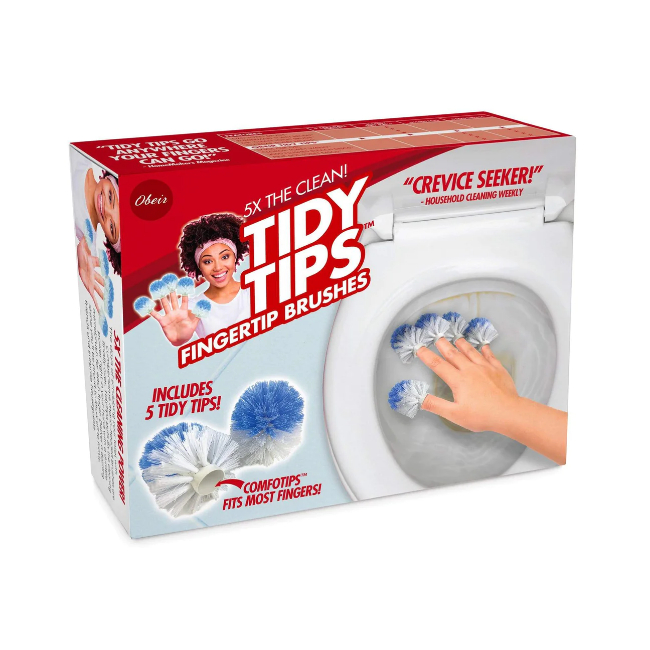
How It Went
The company’s position before Shark Tank
As of the pitch on “Shark Tank,” Prank-O demonstrated a robust and successful position in the market. The company, founded in 2013, has sold a remarkable $10 million worth of empty prank gift boxes, showcasing a strong market presence and consumer interest in their innovative approach to gift-giving. The founders, Ryan Walther and Arik Nordby, acknowledged their past mistakes, such as diversifying into novelty gifts, but expressed a clear commitment to refocusing on the core business of Prank-O.
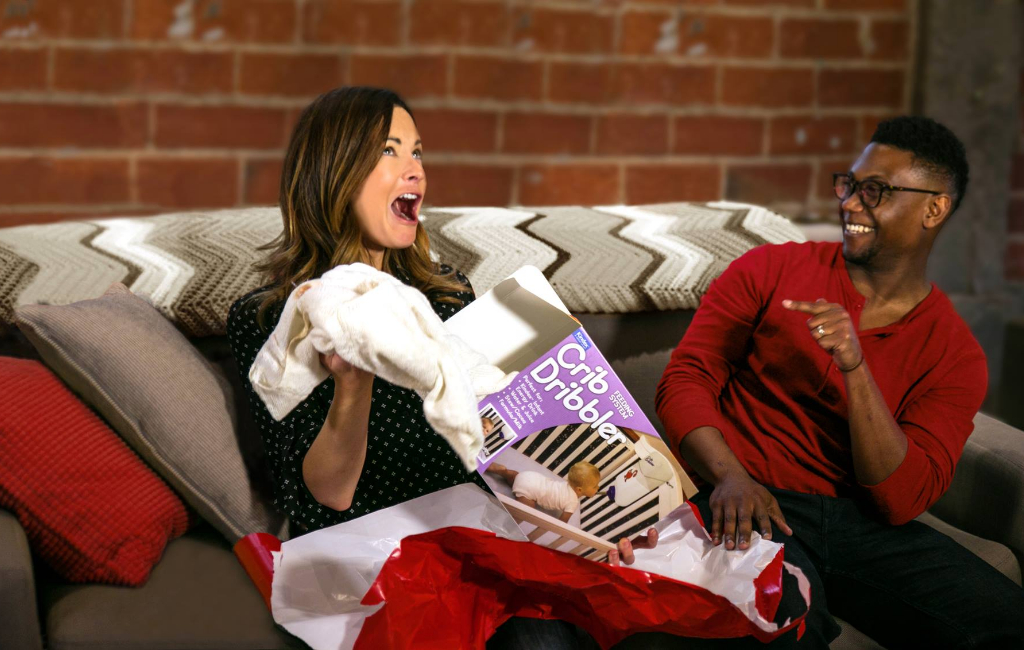
Prank-O strategically markets its products through mass retail and e-commerce channels, indicating a diverse and accessible distribution strategy. While specific partners and wholesalers were not explicitly mentioned in the pitch, the founders alluded to having partnerships and agreements with mass retail outlets, indicating a broad reach for their products. The pitch did not provide detailed financial figures regarding profits and losses, but the founders mentioned current challenges, including a debt of $1 million and reliance on a $3 million line of credit during peak seasons.
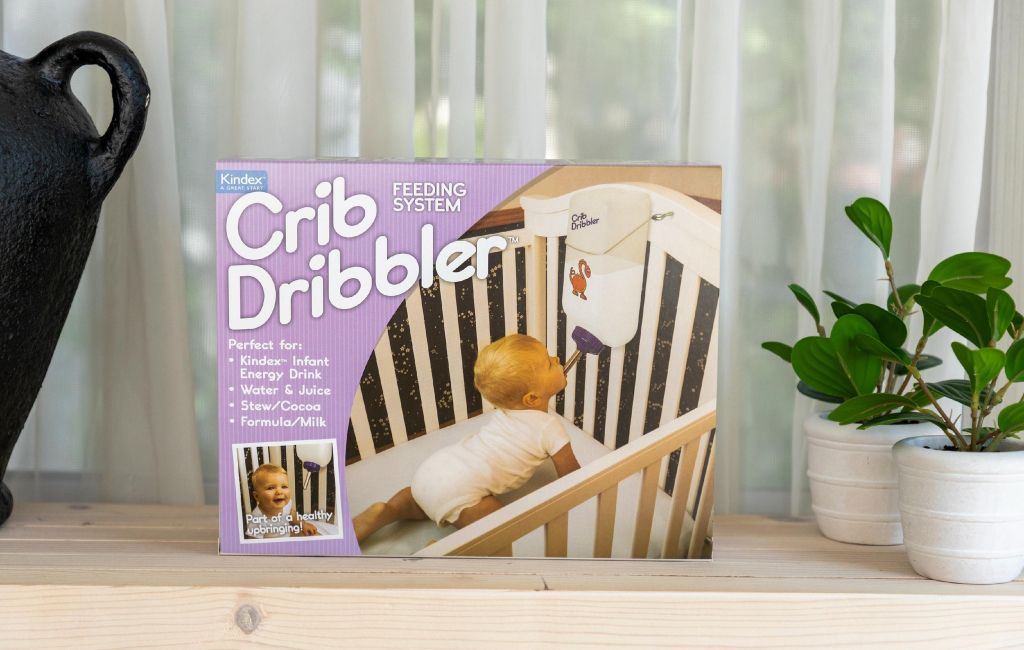
The company’s financial health appears to be under some strain, given the mentioned debt and reliance on credit. However, the founders’ acknowledgment of past mistakes and their commitment to learning from them suggests a proactive approach to addressing challenges. The availability of capital was noted as tight during the pitch, indicating potential financial constraints. Prank-O’s ability to secure a deal with Mark Cuban on “Shark Tank” suggests an opportunity for mentorship and guidance to navigate the challenges and take the company to new heights. Overall, Prank-O appears to be a company with a solid market position, a commitment to learning from past mistakes, and the potential for growth with strategic partnerships and guidance.
The Negotiations:
The negotiations for Prank-O on “Shark Tank” unfolded with a lively presentation of their prank gift boxes and humorous products by founders Ryan Walther and Arik Nordby. The initial ask was for $640,000 in exchange for 8% equity, reflecting the valuation and their desire to secure a strategic partnership. However, the Sharks, known for their scrutiny, raised concerns about the company’s structure and financial health. Mark Cuban, expressing genuine interest, stepped forward with an offer of $640,000 for a more substantial 25% equity stake.
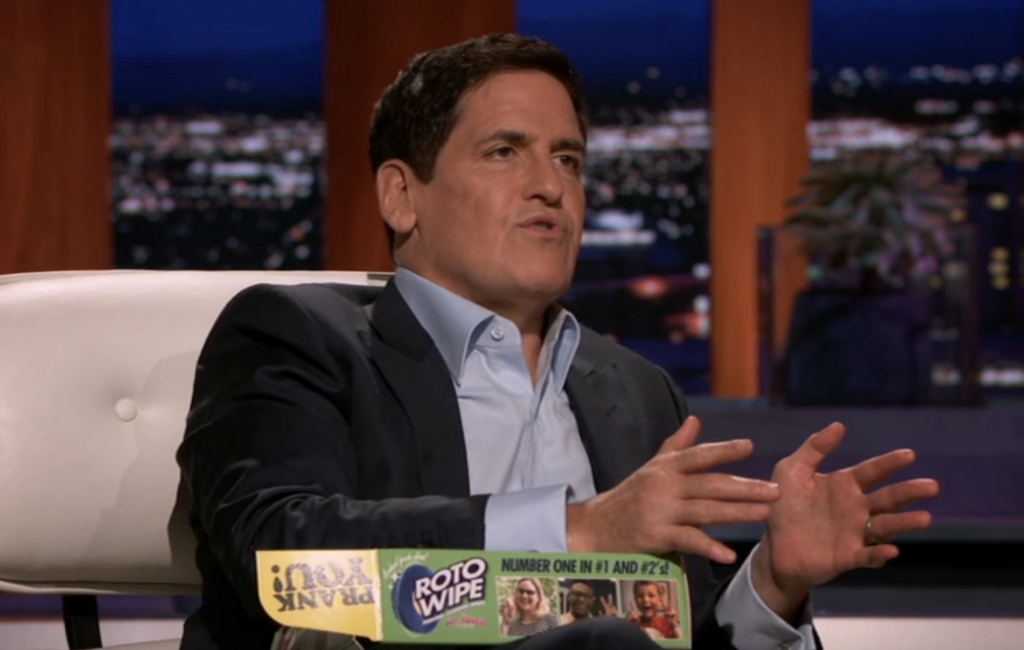
While Cuban highlighted his experience in scaling businesses, Lori Greiner and Kevin O’Leary voiced apprehensions about the profitability and sustainability of the deal. Lori proposed a royalty model with no equity, emphasizing the importance of direct-to-customer sales, while Kevin questioned the financial viability of the royalty model for Prank-O. In a surprising turn, Mark Cuban revised his offer, presenting a unique proposition. He offered the $640,000 without taking any equity, instead proposing a royalty of 38 cents on every unit sold. This caught the attention of the founders and other Sharks, sparking a discussion on the long-term viability of the royalty model.
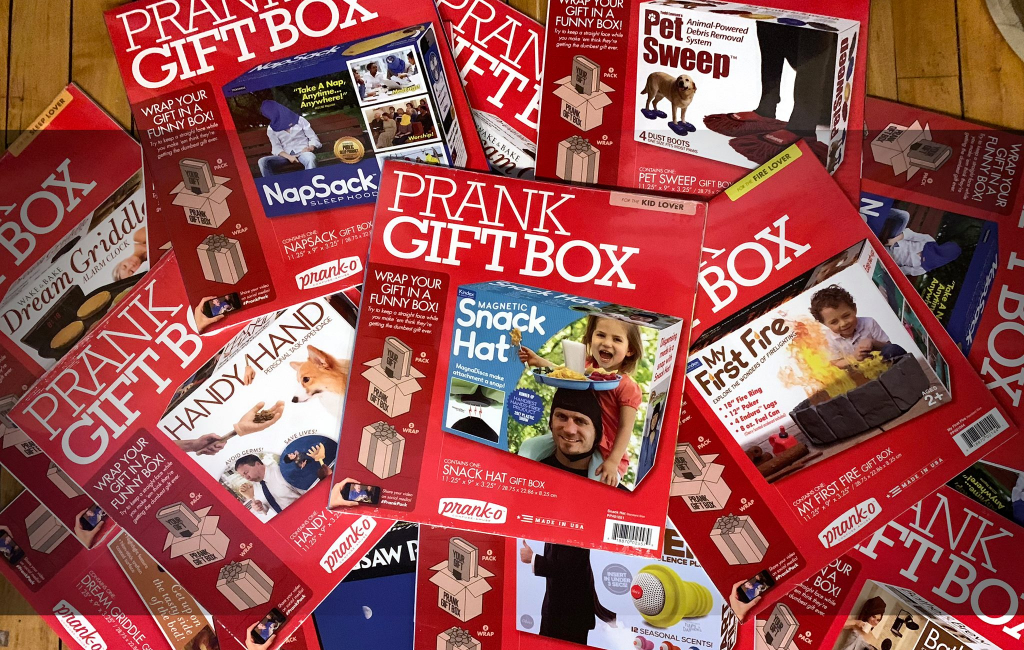
Lori Greiner, known as the “Queen of QVC,” highlighted the significance of capturing names for direct sales, but Mark Cuban argued that the key to Prank-O’s business lay in expanding direct-to-customer sales without a middleman. Despite the enticing offer, the founders ultimately declined Mark Cuban’s deal, citing past mistakes and expressing a commitment to focus on growing Prank-O. The negotiations showcased the complexities of balancing humor with financial sustainability, the importance of strategic partnerships, and the entrepreneurial learning curve. While Mark Cuban’s offer brought a unique twist to the traditional equity model, the founders opted for a different path, leaving the Sharks with a mix of amusement and respect for the humor-infused business of






